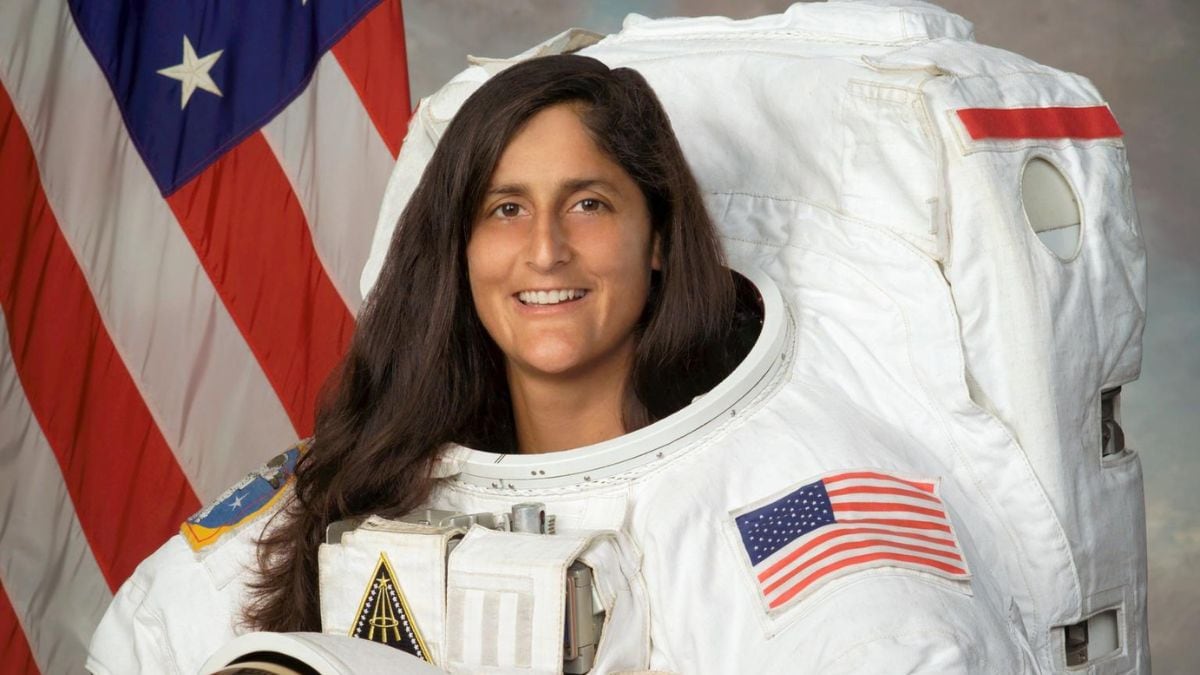
NASA astronaut Sunita Williams has officially assumed command of the International Space Station (ISS) during her extended mission aboard the orbiting facility. This marks her second command of the ISS, having previously led Expedition 33 in 2012. Williams, along with fellow astronaut Butch Wilmore, has been residing on the station since June 5, 2024, following their launch aboard Boeing’s Starliner spacecraft, which was its first crewed flight.
Mission Extension and Responsibilities
Initially, Williams and Wilmore’s mission was planned for just eight days. However, technical issues with the Starliner resulted in their return being postponed until February 2025. Despite this unexpected delay, Williams expressed her excitement about being in space, saying, “This is my happy place. I love being up here in space.” The astronauts have adapted to their extended stay by participating in routine maintenance and conducting scientific experiments on the ISS.
The command of the station was transferred to Williams from Russian cosmonaut Oleg Kononenko, who is scheduled to return to Earth shortly. As the commander, Williams will oversee a variety of operations and research activities on the ISS. Her leadership comes at a critical time, as a rescue mission is being planned.
Upcoming Rescue Mission
NASA intends to deploy a SpaceX Crew Dragon spacecraft to facilitate the safe return of Williams and Wilmore to Earth following their extended mission. Sunita Williams has made significant contributions throughout her career as an astronaut, holding records for the most spacewalks by a woman and accumulating over 322 days in space across multiple missions. Her vast experience will be essential as she leads the current crew aboard the ISS.
Under Williams’ command, the ISS will continue to function as a centre for international collaboration in space exploration and scientific research until her return early next year. The upcoming rescue mission underscores the ongoing dedication to human spaceflight and the complexities involved, further establishing Williams’ legacy in space exploration.

